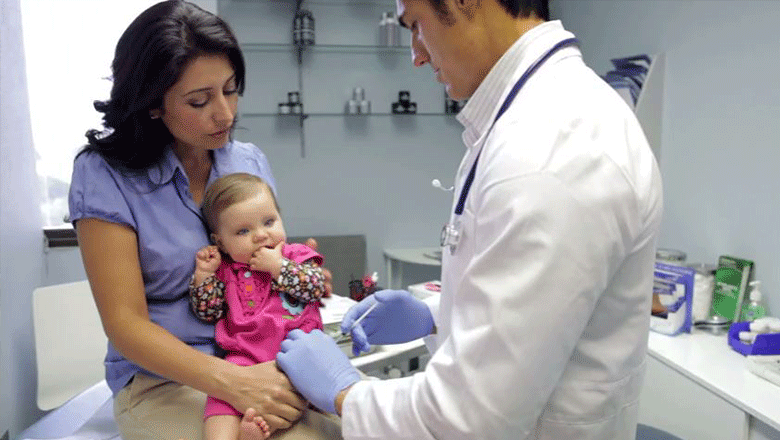Search
Research
Streptococcus pyogenes pharyngitis elicits diverse antibody responses to key vaccine antigens influenced by the imprint of past infectionsKnowledge gaps regarding human immunity to Streptococcus pyogenes have impeded vaccine development. To address these gaps and evaluate vaccine candidates, we established a human challenge model of S. pyogenes pharyngitis. Here, we analyse antibody responses in serum and saliva against 19 antigens to identify characteristics distinguishing 19 participants who developed pharyngitis and 6 who did not.
Research
Widening the lens for pandemic preparedness: children must be seen and heardThe Australian and New Zealand Paediatric Infectious Diseases (ANZPID) Group of the Australasian Society for Infectious Diseases (ASID) calls for urgent consideration of the needs and voices of children in response to the COVID-19 pandemic, and in planning for future pandemics.

News & Events
The Kids Research Institute Australia leads WA arm of Australia’s first needle-free COVID-19 vaccine studyEnrolments for Australia’s first needle-free, gene-based COVID-19 vaccine study – to be led in WA by The Kids Research Institute Australia – are open.
Research
Virus detection and its association with symptoms during influenza-like illness in a sample of healthy adults enrolled in a randomised controlled vaccine trialViral respiratory infections are associated with significant morbidity and mortality.
Research
Toll-like receptor 7 and 8 polymorphisms: associations with functional effects and cellular and antibody responses to measles virus and vaccineSuccessful defence against viral pathogens requires the rapid recognition of virus-specific "danger signals" and the activation of both innate and adaptive...
Research
Opportunities and challenges of the pulmonary route for vaccinationThe respiratory tract is an attractive target for the delivery of vaccine antigens.
Research
SMS-based interventions for improving child and adolescent vaccine coverage and timeliness: a systematic reviewThe aim of this review was to investigate the impact of short message service (SMS)-based interventions on childhood and adolescent vaccine coverage and timeliness.
Research
Early treatment with fluvoxamine, bromhexine, cyproheptadine, and niclosamide to prevent clinical deterioration in patients with symptomatic COVID-19: a randomized clinical trialRepurposed drugs with host-directed antiviral and immunomodulatory properties have shown promise in the treatment of COVID-19, but few trials have studied combinations of these agents. The aim of this trial was to assess the effectiveness of affordable, widely available, repurposed drugs used in combination for treatment of COVID-19, which may be particularly relevant to low-resource countries.

News & Events
Video: Flu vaccine Q&AIt's that time of year again... Flu vaccine time! Watch Dr Chris Blyth answer commonly asked questions in the video below.

News & Events
The Kids Research Institute Australia research ensures kids are protected against whooping coughResearch by The Kids Research Institute Australia will soon ensure young children are better protected against whooping cough.
